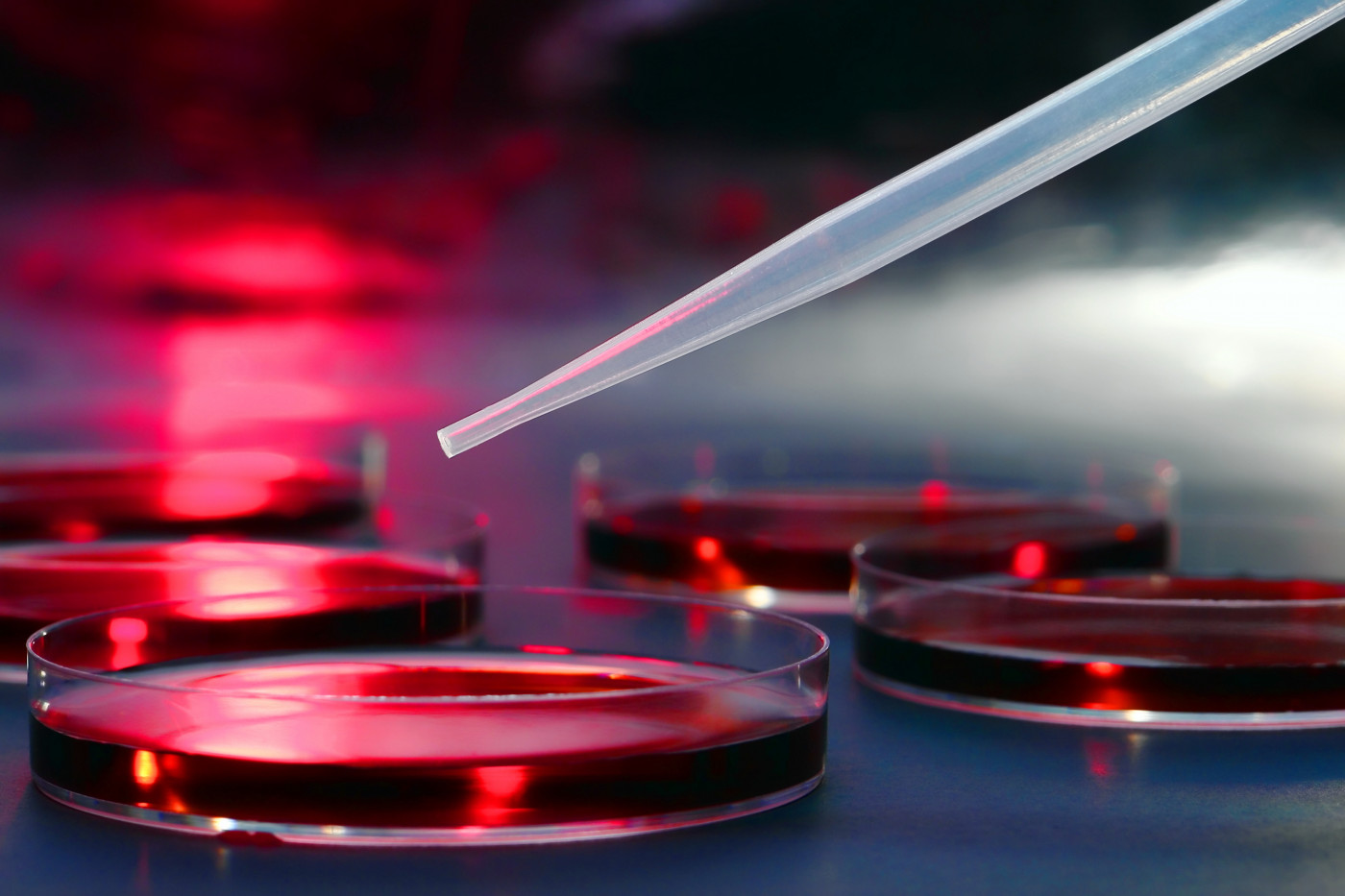Researchers Discover Molecules that Accelerate Reprogramming of Cells
Written by |

Researchers at the MRC Centre for Regenerative Medicine, University of Edinburgh, have discovered a mechanism that accelerates reprogramming of cells into any other cell type. The finding may help boost drug discovery and cellular therapies for several diseases, including multiple sclerosis (MS).
The study reporting the findings, “Constitutively Active SMAD2/3 Are Broad-Scope Potentiators of Transcription-Factor-Mediated Cellular Reprogramming,” was published in the journal Cell Stem Cell.
Cellular reprogramming is a process by which scientists can convert a mature cell, like a fibroblast (a connective tissue cell) into a neuron (nerve cell). This conversion can occur directly, or cells may undergo an intermediate phase where they acquire a stem-cell like phenotype. This means these cells – called induced pluripotent stem cells – have the potential to become any type of cell found in the body.
Now, researchers have discovered two molecules – SMAD2 and SMAD3 – that increase the efficiency of conversion of induced pluripotent stem cells into a mature cell, like a neuron or a macrophage (a cell of the immune system).
The two players also can boost the efficiency for converting a fully mature, differentiated cell into another differentiated cell, a neuron, for example. Most importantly, this conservation can be direct, without the need for the intermediate state of induced pluripotent stem cell.
This means that the process of conversion can be accelerated. Usually it takes scientists about 50 days to convert human skin cells into functional brain cells; but adding SMAD2 and SMAD3 to the process cut the time of conversion by half, requiring only 25 days.
Cell conversion is a technique that allows scientists to study any cell of the body. This is extremely important because some cells are impossible to obtain from a patient, such as brain cells. Instead, researchers collect patient’s skin cells and induce their conversion into a neuron, for example, and may proceed to study them in the lab.
“We have shown it is possible to boost reprogramming of diverse cell types using a single molecule. We hope this will stimulate further research to find other molecules that could have a similar – or even better – effect,” Keisuke Kaji, PhD, the study’s lead author and medical research council senior fellow at University of Edinburg, said in a press release.
This discovery also carries great promise for other areas of research that use pluripotent stem cells, including drug discovery and regenerative medicine.


